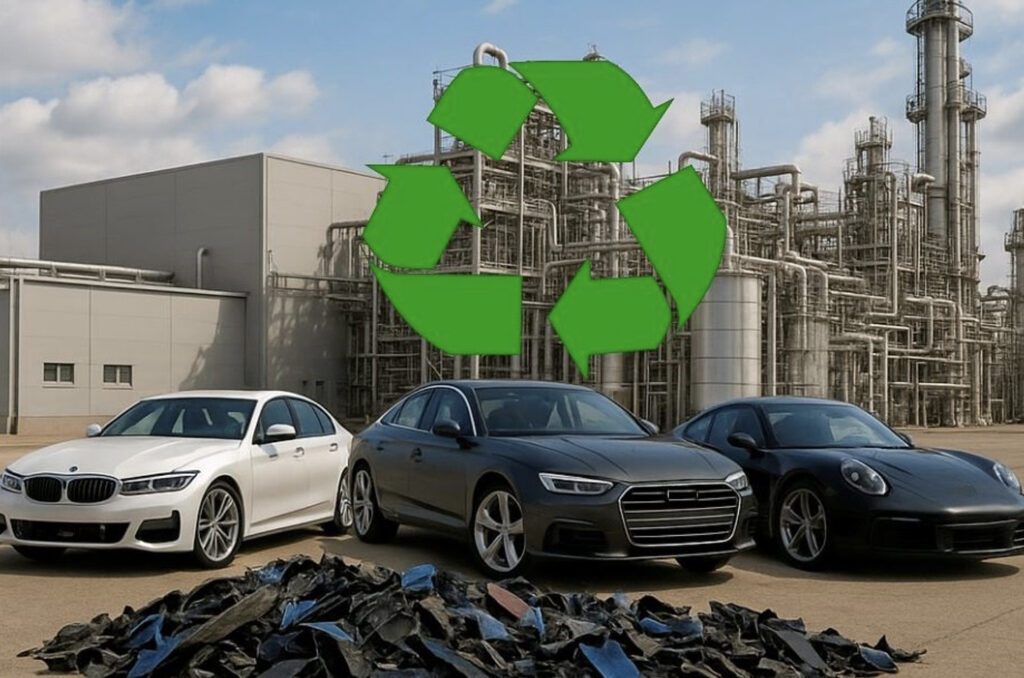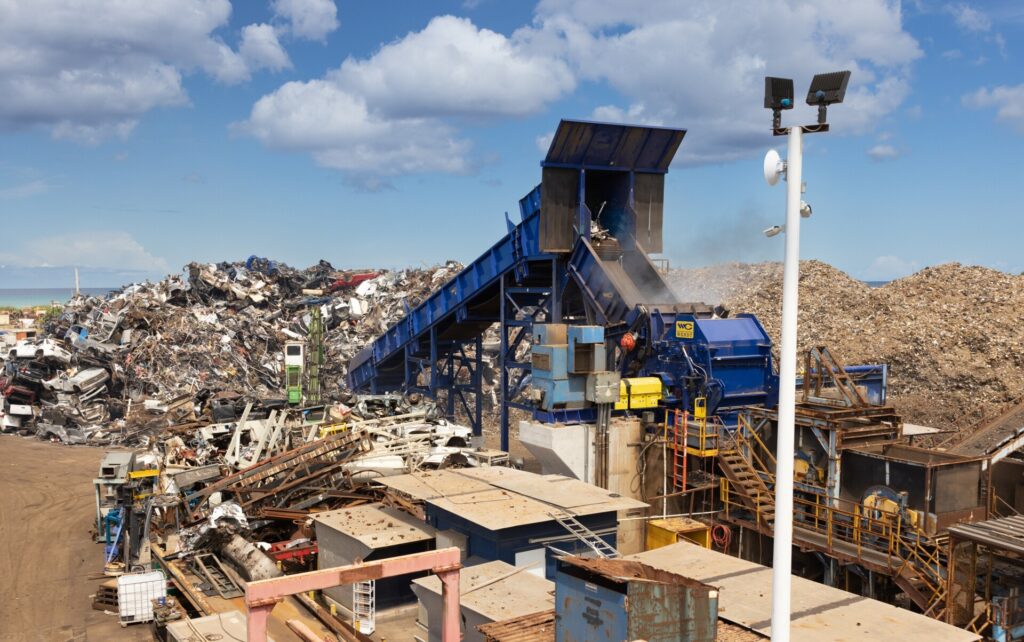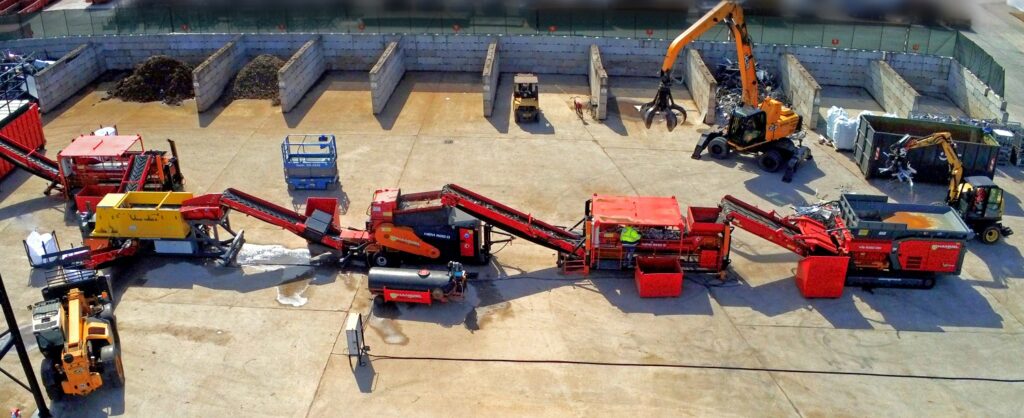End-of-Life Vehicles are automotive products that have reached the end of their useful life. Their components are now considered waste and can only be discarded or used for recycling. End-of-life vehicles generate about 7-8 million tons of waste each year in the EU. ELVs may also be referred to as “junk vehicles” or “salvage vehicles”.
There are two categories of ELVs:
- Natural ELVs which have reached the end of their life technically or economically
- Premature ELVs which are new cars resulting from accident write-offs
When end-of-life vehicles are not adequately managed, they can cause environmental problems, losing millions of tonnes of materials. The Directive on end-of-life vehicles sets clear goals for ELVs and their components. It also prohibits hazardous substances when manufacturing new vehicles except in defined exemptions when there are no alternatives.
The ELV Directive sets clear goals for their reuse, recycling, and recovery and aims for the following:
- Prevent waste from end-of-life vehicles and their components
- Improve the environmental performance of all economic operators involved in the life-cycle of vehicles





























